Gary Payton (Part 3)
Gary Payton (Part 3)

Gary Payton is renowned for his mastery of trash-talk on the basketball court, a skill that often unsettled opponents and earned him a reputation as one of the sport's most intimidating players. With a total of 250 technical fouls, Payton ranks fourth in NBA history for this infraction, trailing only Karl Malone, Charles Barkley, and Rasheed Wallace. Despite his aggressive verbal exchanges, Payton maintains that his trash-talking never crosses a line, emphasizing that his aim is to distract opponents and draw their focus away from the game itself. He explains, "I never take it too far...I just try to talk and get their mind off the game, and turn their attention on me." Payton further clarifies that sometimes his conversations on the court may appear as trash talk to referees and spectators, but he could simply be engaging in casual dialogue with his opponents, discussing topics like family or game strategies.
Moreover, Payton's influence extends beyond his on-court antics. All-Star point guard Jason Kidd regards Payton as a mentor, citing his guidance and support while they both grew up in Oakland. Payton's impact on Kidd's development as a player underscores his role not only as a fierce competitor but also as a respected figure within the basketball community.
In a lighter moment, Payton showcased his charismatic personality during the 2001 NBA All-Star Game when he delivered a humorous and televised "motivational speech" to his fellow players. This lighthearted gesture exemplifies Payton's ability to entertain and inspire both on and off the court, adding to his legacy as a multifaceted talent in the world of basketball.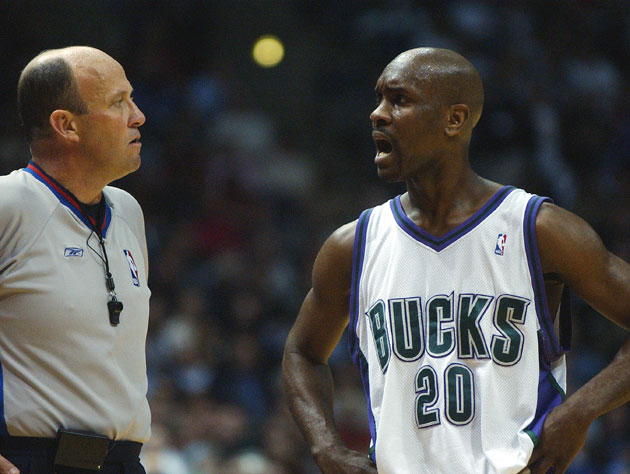
Gary Payton earned his iconic nickname of "The Glove" during the 1993 Western Conference Finals series against the Phoenix Suns, highlighting his exceptional defensive abilities.
Since his retirement in 2007, Payton has been widely recognized as one of the all-time greatest point guards in NBA history. Gail Goodrich, a former teammate of Hall of Famer Jerry West, lauded Payton as "probably as complete a guard as there ever was." His impact on the game transcended statistical achievements, with Kevin Johnson noting that Payton was "just as intimidating...maybe even more so than all-time greats Magic Johnson, Isiah Thomas, Tiny Archibald, and Maurice Cheeks."
NBA coach George Karl emphasized Payton's dominance at the point guard position, stating, "I don't know who else you'd take at point guard. Some say Jason Kidd. Well, every time Gary went nose-to-nose with Kidd, Gary won that matchup."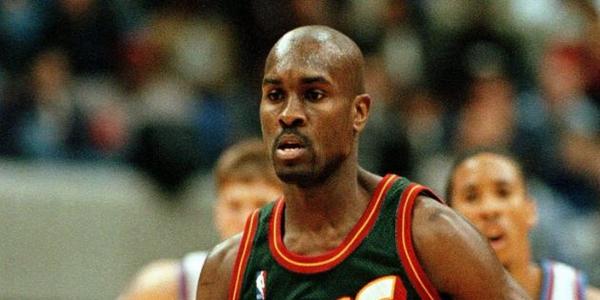
While Payton's offensive statistics rank impressively among NBA legends, including 35th all-time in points scored and 11th in assists, he is most renowned for his defensive prowess. The Sporting News once hailed him as "building a case as the best two-way point guard in history," raising the question of whether Payton could be considered the best ever when weighing offense and defense equally.
Kevin Johnson praised Payton's defensive skills, describing him as possessing "great hands" and excelling as both an individual and team defender. Payton's offensive game, while not defined by sharpshooting, showcased his physicality and ability to drive to the basket effectively, making him the "NBA's reigning high scorer among point guards" during his prime.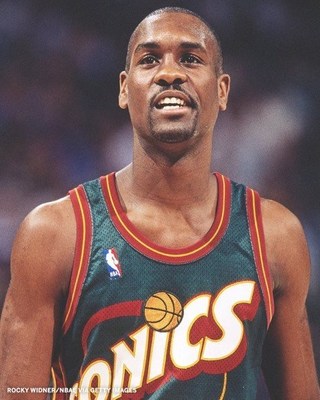
Payton's defensive accolades speak volumes about his impact on the game. He was the only guard to win the NBA Defensive Player of the Year award since Michael Jordan in 1988 until Marcus Smart received the honor in 2022. Payton shares the record for most career NBA All-Defensive First Team selections with Jordan, Kevin Garnett, and Kobe Bryant, earning the distinction nine times. Additionally, he ranks among the top guards in defensive rebounds, offensive rebounds, and total rebounds, further solidifying his status as a defensive stalwart.
In recognition of his contributions to the sport, Payton was named the 48th greatest player in NBA history by The Athletic as part of the NBA's 75th Anniversary celebrations. Moreover, his clutch shooting abilities have also been acknowledged, cementing his legacy as one of the game's all-time greats.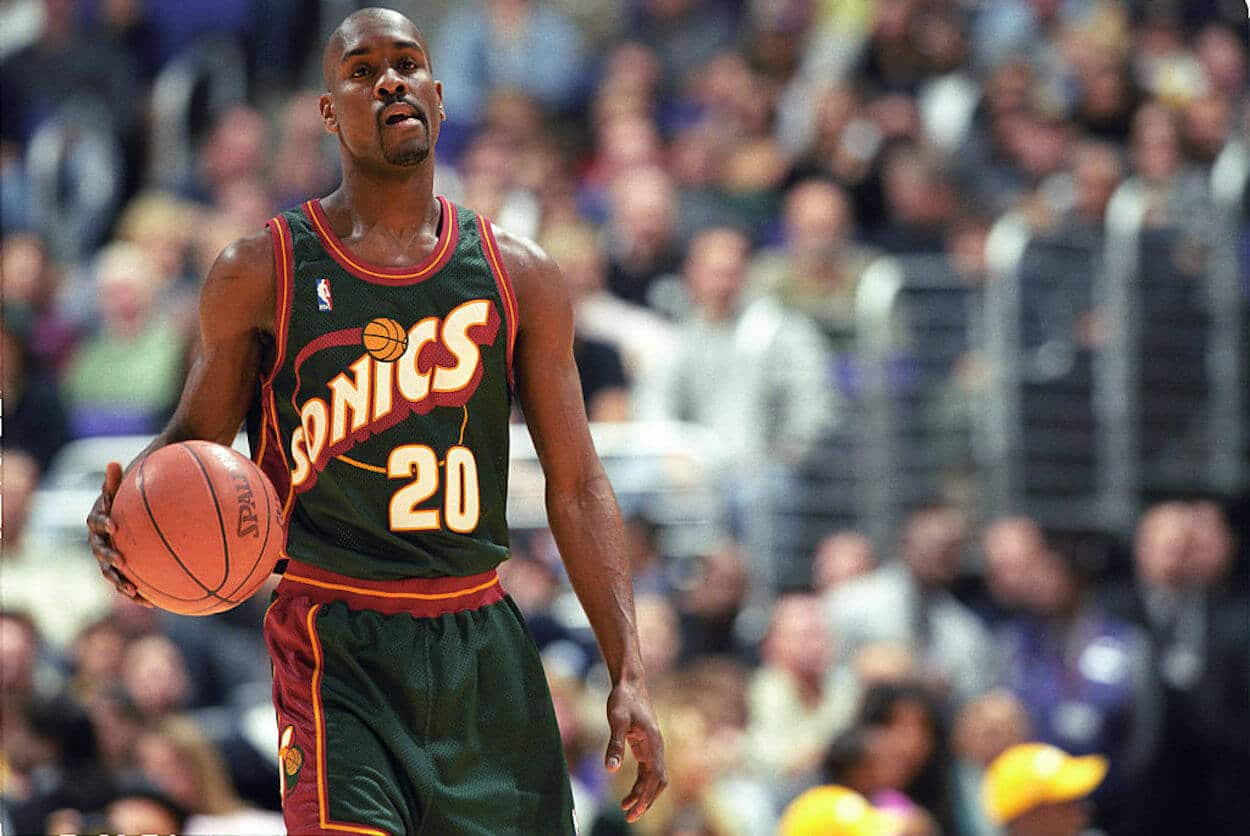
Gary Payton's defensive prowess earned him a reputation as one of the best opponents Michael Jordan ever faced, sparking a high-profile rivalry that reached its peak during the 1996 NBA Finals. Despite playing different positions – Jordan as a shooting guard and Payton as a point guard – their matchups were highly anticipated due to their shared traits of intense competitiveness, prodigious trash-talking, and legendary defensive skills.
Seattle SuperSonics coach George Karl made a pivotal decision midway through the 1996 NBA Finals to assign Payton the task of defending Jordan directly, a departure from his usual role of guarding opposing point guards. Although the Bulls ultimately won the series, Payton's defensive efforts, particularly against Jordan, were noteworthy. The Sonics, led by Payton, managed to frustrate Jordan and the Bulls, limiting them to their lowest offensive output in an NBA Finals.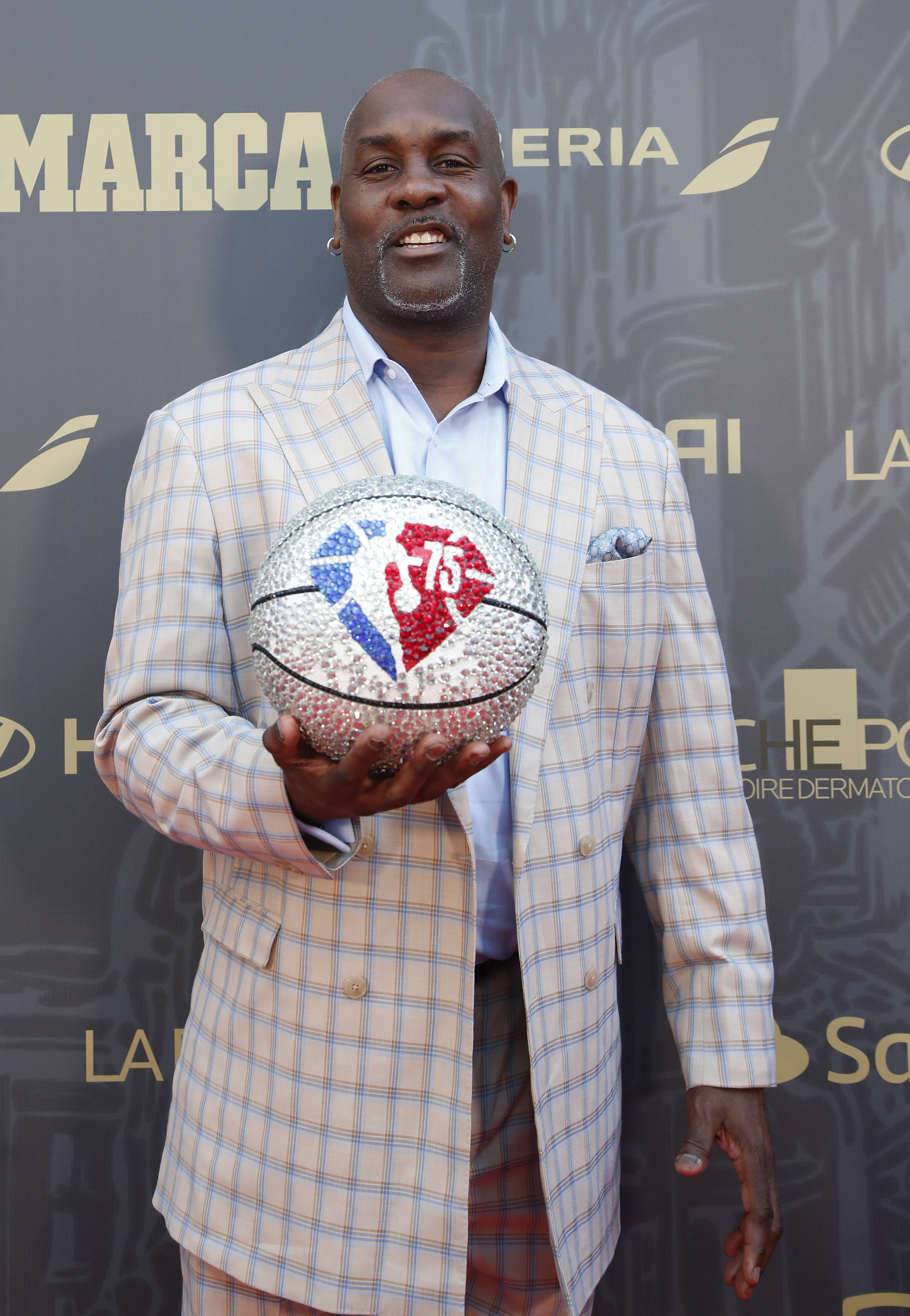
In Game 5 of the Finals, Payton's defense held Jordan to just 26 points, marking one of Jordan's lowest-scoring Finals games at that point in his career. Despite Jordan's refusal to credit Payton for his defensive performance, the NBA community recognized the intensity of the rivalry between two exceptional defensive players.
In Game 6, although the Bulls secured the championship, Payton's defensive tenacity was evident as he played 47 minutes and limited Jordan to a career Finals low of 22 points. Commentators, including Bill Walton, acknowledged Payton's impact on the series, suggesting that Seattle's decision to initially "hide" Payton from guarding Jordan might have been regrettable.
Reflecting on his performance during the series, Payton emphasized his determination not to back down from Jordan's challenge, stating, "You've got to get back at Jordan, you can't back down on him." Payton's aggressive defense and refusal to be intimidated by Jordan's reputation contributed to the intensity of their rivalry and cemented his legacy as one of the greatest defenders in NBA history.
References
- "Payton's consecutive-games streak ends". ESPN. Seattle. January 19, 2001. Retrieved January 20, 2024.
- NBA.com Playerfile: Gary Payton Archived May 15, 2007, at the Wayback Machine, nba.com. Retrieved June 13, 2007.
- ^ "Hoops, Baby". Citypaper.com. Archived from the original on August 14, 2011. Retrieved September 21, 2010.
- ^ "Brandon Payton". usbasket.com. Retrieved January 8, 2023.
- ^ Perley, Sam (November 9, 2021). "The Unorthodoxiness of the Lefty-Heavy Hornets". NBA.com. Retrieved May 9, 2022.
- ^ Cohen, Rachel (August 16, 2013). "Fox Sports 1 debuts with trucks race, UFC". Yahoo! Sports. Archived from the original on August 21, 2013. Retrieved August 16, 2013.
- ^ "Gary Payton | Sports Betting Dime". Sports Betting Dime. Retrieved March 30, 2017.
- ^ Justin, Neal (January 31, 2011). "The Onion peels back the curtain on modern media in two promising new shows". Star Tribune. Archived from the original on February 3, 2011.
- ^ Colen, David Payton Starting to Ponder Retirement, Life After NBA Archived September 28, 2007, at the Wayback Machine, aventurusa.com, December 17, 2006. Retrieved June 13, 2007.
- ^ "Gary Payton Foundation homepage". Gpfoundation.org. Retrieved September 21, 2010.
- ^ "EOYDC: A Beacon for Oakland Youth". Oakland Magazine. July–August 2009. Archived from the original on August 19, 2016. Retrieved August 4, 2016.
- ^ "Nba Not Turned Off By Payton Radio Program Not Conflict of Interest". Seattlepi.com. December 19, 1998. Retrieved September 21, 2010.[dead link]
- ^ O'Leary, Dan (July 21, 2021). "Seattle-area sports stars, celebrities help Kraken with Expansion Draft". NHL.
- ^ "Gary Payton's five-word speech: "Bring back our Seattle SuperSonics"". The Seattle Times. June 15, 2010. Retrieved August 13, 2020.
- ^ Buford, Landon (November 19, 2019). "Gary Payton Reveals Investment Group for Seattle SuperSonics Return". Heavy.com. Retrieved May 9, 2022.
























